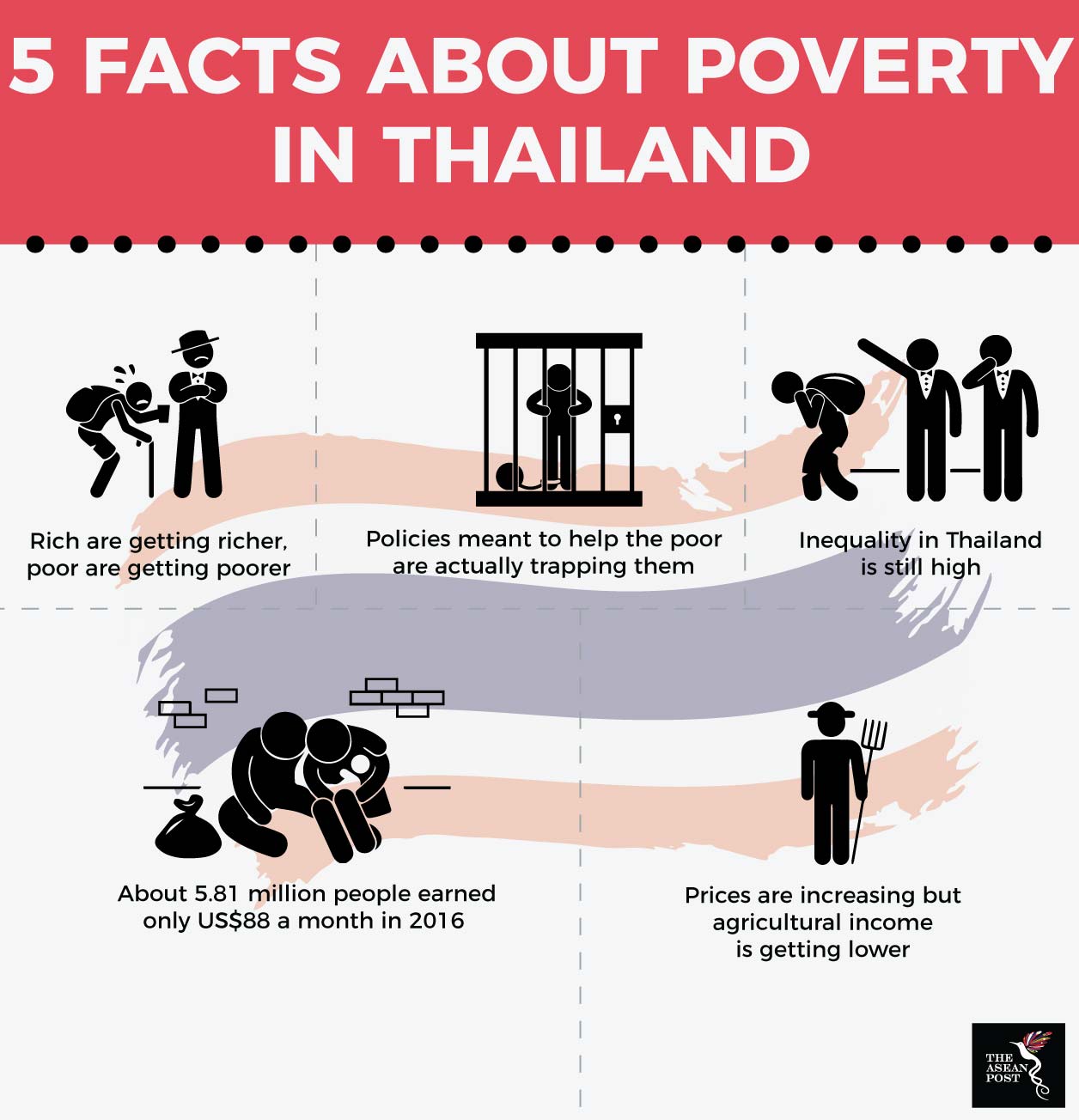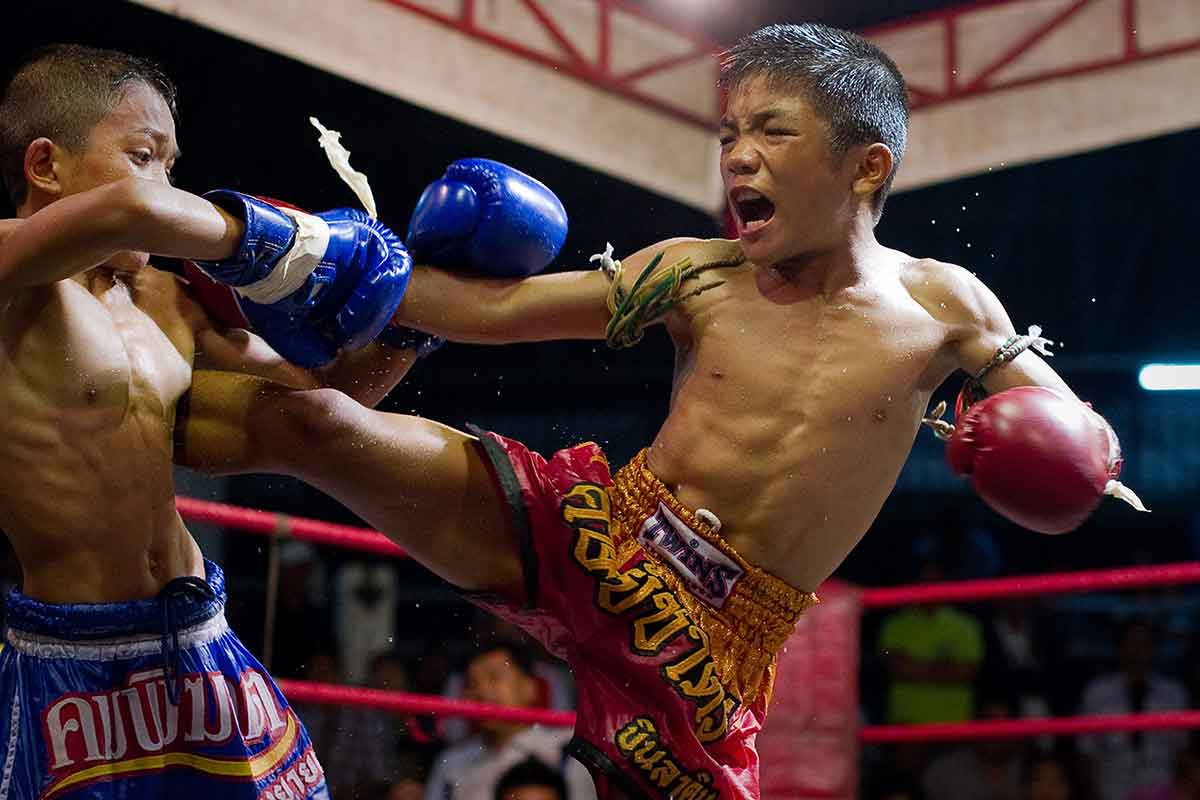It is always a cause to mourn when a 13-year-old needlessly dies. Unfortunately, that was the painful fact Thailand has to deal with just recently when Anucha Tasako, who had been a Muay Thai fighter since the age of eight and had competed in 170 bouts, died of a brain haemorrhage at a charity fight near Bangkok last Saturday. He was knocked out by his opponent who was only two years older than him. The prize? Around 2,000 Thai baht (US$60).
But where do we place the blame in cases such as these? Who shoulders that responsibility? Is it Anucha’s 15-year-old opponent or is the answer a little more complicated than that?
Damrong Tasako, the teenager's uncle who raised him from the age of three, said he didn't blame anyone, adding that "he died like a warrior. He was a fighter." Should Damrong - being the child’s caretaker - not only mourn the death of his nephew but also plead guilty to being the cause of his death? Or is there something just a little more sinister going on here?
Banning children
Anucha’s untimely death has fuelled the debate on the passing of a new bill which seeks to ban children from fighting in the ring.
The amendment to the 1999 Boxing Act was proposed by members of the National Legislative Assembly and is now being reviewed by the cabinet. It requires boxers below 20 years of age to seek parental consent and those below 15 to seek parental consent plus permission from boxing supervising authorities.
Standing in one corner, the bill has garnered support from child rights activists and doctors who say the sport can cause brain damage in young boxers and may even lead to neurological disorders like Alzheimer’s and Parkinson’s Disease later in life.
The assertion has been proven true by the Thai Child Boxers Research Project at Mahidol University which conducted research scanning the brains of children who take part in Muay Thai and comparing them against children who don't. The results clearly showed that brain development of children who don't compete in Muay Thai are different from those whose heads were hit in matches.
Over on the other corner, however, those opposed to the bill – largely made up of Muay Thai fighters - argue that most of them are from impoverished families who can barely make ends meet and see boxing as a way out of poverty.

Source: Various sources.
Poverty in Thailand
Today, while the gap between rich and poor has been steadily narrowing in Thailand with low-income earners making more gains than the wealthy in recent years, the World Bank’s executive director for Southeast Asia Ulrich Zachau says inequality is still high.
“In Thailand, inequality has been declining. It is still high, but the poor have been gaining more than the rich, and this is the most striking feature of economic and social development in Thailand and in the sub-region,” he said during an interview with local media in Thailand recently.
Last year, several academics who presented at a seminar on civil state policy held at Thammasat University had already warned that due to the government’s policy approach to welfare and social enterprise, the poor were getting poorer and the rich were getting richer.
Decharut Sukkumnoed, an economics professor at Kasetsart University, cited statistics from the Office of the National Economics and Social Development Board, which indicated that the number of people below the poverty line increased by nearly 20 percent between 2015 to 2016. Also, some 5.81 million people were living in poverty in 2016, defined as having an income below than US$88 per month.
He said the civil state system allowed big conglomerates, which comprise the highest income group in Thai society, to reap more economic benefits than the poor from the government’s projects intended to help the poor.
“From the statistics, we also found that the number of poor people is on the rise, because the daily expenses of the poor, especially food prices, are increasing. On the other hand, their income is getting lower, especially the income of poor people in the agriculture sector,” he said.
Another academic, Surawit Wannakrairoj, a professor from the Faculty of Agriculture of Kasetsart University, pointed to the civil state’s farming policy as an illustration of what is wrong.
He said that while the policy intends to modernise Thailand’s agriculture and boost farmer incomes, in practice, many policies and laws, such as the big plantation policy or Plant Varieties Protection Act, are instead helping big conglomerates in the agriculture sector to tighten their grip on farmers and force them to use only the conglomerate’s supplies.
While Anucha’s death certainly highlights the dire need for a ban on child boxers, the fact is that for many of Thailand’s poor, Muay Thai seems to be the only way out. The government must not only address the dangers associated with Muay Thai but also the issue of poverty which, in Thailand’s case, is driving many towards the popular local sport in the first place. Failure to do so could possibly make the poor even poorer or force desperate children to participate in illegal fights away from the eyes of the authorities. The Thai government must be made aware of this - in effect - it isn’t really Muay Thai that kills, but poverty.
Related articles:
